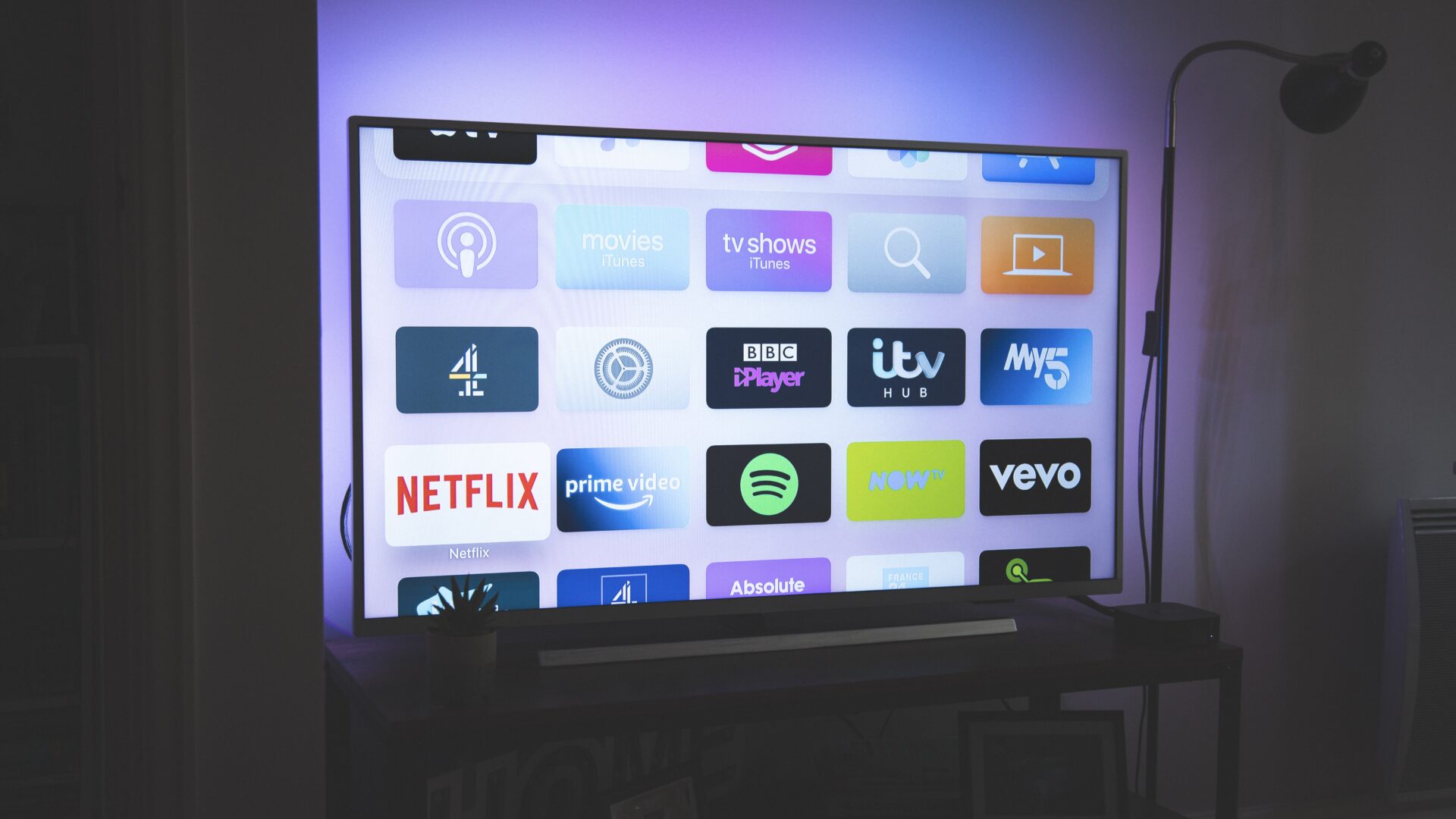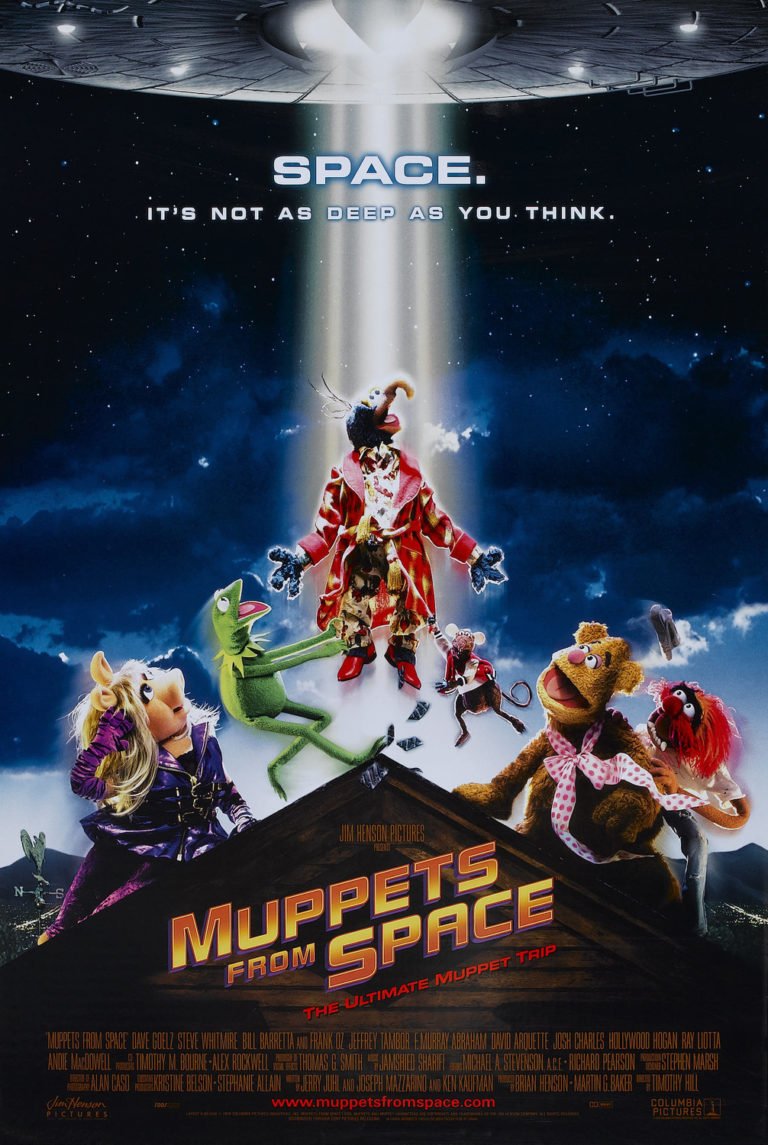
Why Streaming Is a Terrible Business and What Could Make It Better
By Movieguide® Contributor
Wonder why you can never find anything to watch? Former top media exec Evan Shapiro says it’s because entertainment industry CEOs care more about their pocketbook than what users actually want.
While it’s “harder and harder” for industry CEOs to do their job compared to five years ago, the struggles they’re confronting actually have a relatively straightforward solution: listen to the consumer.
“The reason why they find themselves facing such dire straits for their companies is because A, they don’t pay attention to things that they need to pay attention to; B, they refuse to let anybody else do it for them, including and especially younger generations; and C, they’re just not listening to their own audiences anymore,” Shapiro explained. “The audience that they listen to are their shareholders, not their viewers, not their users, and that’s how they’ve driven themselves into a dead-end stream.”
Shapiro’s main argument is that top executives listen to the ones putting money in their pockets rather than listening to the user.
“The user’s voice is paramount. The user’s voice is the data. They’re telling us what they want. They’re telling us how they behave,” he emphasized.
“The reason why I ask people in the room to answer questions throughout my presentations is that I want to make sure that my thesis is correct,” he added and then proceeded to give an example. “So when I say, ‘Who here has signed up for something, binged the heck out of something and then canceled?,’ and most of the room raises their hand. I know I’m right, and I can proceed. That’s data in real time. ‘Who here has just logged on to a service, couldn’t find something to watch, logged on to another service, couldn’t find something to watch, logged on to a third service, gave up and just took a drink and watched FRIENDS?’ And most of the room raises their hand and they laugh in recognition.”
Earlier this year, Ars Technica explained that consumers “aren’t just blindly seeking the lowest prices available but are hungry for a service that lets them access the stuff that they actually want to see.”
“This could also help explain a growing business around streaming services targeting niches like horror,” the outlet continued. “Hub found the lack of relevant content to be a huge factor among survey respondents who have canceled a subscription within six months of signing up.”
“People are complicated, and that’s what makes the customer service business such a complicated business, and that’s what streaming is,” Shapiro added.
Last year’s Hollywood strikes also contributed to streaming struggles.
“For over a decade, business was booming in Hollywood, with studios battling to catch up to new companies like Netflix and Hulu. But the good times ground to a halt in May 2023, when Hollywood’s writers went on strike,” the BBC reported. “As a whole, the number of US productions during the second quarter of 2024 was down about 40% compared to the same period in 2022. Globally, there was a 20% decline over that period, according to ProdPro, which tracks TV and film productions.”
Movieguide® previously reported on streaming:
As restrictions from the pandemic started to ease, a decade of strong growth for Netflix came to an end as the streamer posted a loss in subscribers in Q1 2022, causing the streaming bubble to burst.
Up to that point, Wall Street had been happy to swallow losses as long as subscribers continued to grow. Then, overnight, investors started clamoring for profits. The timing could not have been worse for the platforms built by major studios which had gotten up and running on the subscriber growth mindset but had yet to amass a large, loyal fanbase that would allow it to suddenly turn a profit.
While Netflix immediately took action, announcing a password-sharing crackdown, price hikes and the introduction of an ad tier, other streamers were slower to follow suit — though they would eventually copy the model — for fear of driving subscribers away.
Fast forward to today, Netflix is the only streamer to consistently turn a profit, while the other platforms are fighting for the lives of their companies. This is because the boom of the streaming market inadvertently killed both the box office and cable, which had been the primary income sources for Hollywood studios for decades.
This has left many studios, like Paramount, in dire straits as their future rests on streaming, which is currently losing these companies billions of dollars every year. Even though many of these major studios still hold the largest chunk of viewership when streaming and legacy media usage are combined, per a new metric from Nielsen, their audience is slipping, while companies built from the ground up on new media, such as Netflix and YouTube, only continue to grow.



 - Content:
- Content: 

